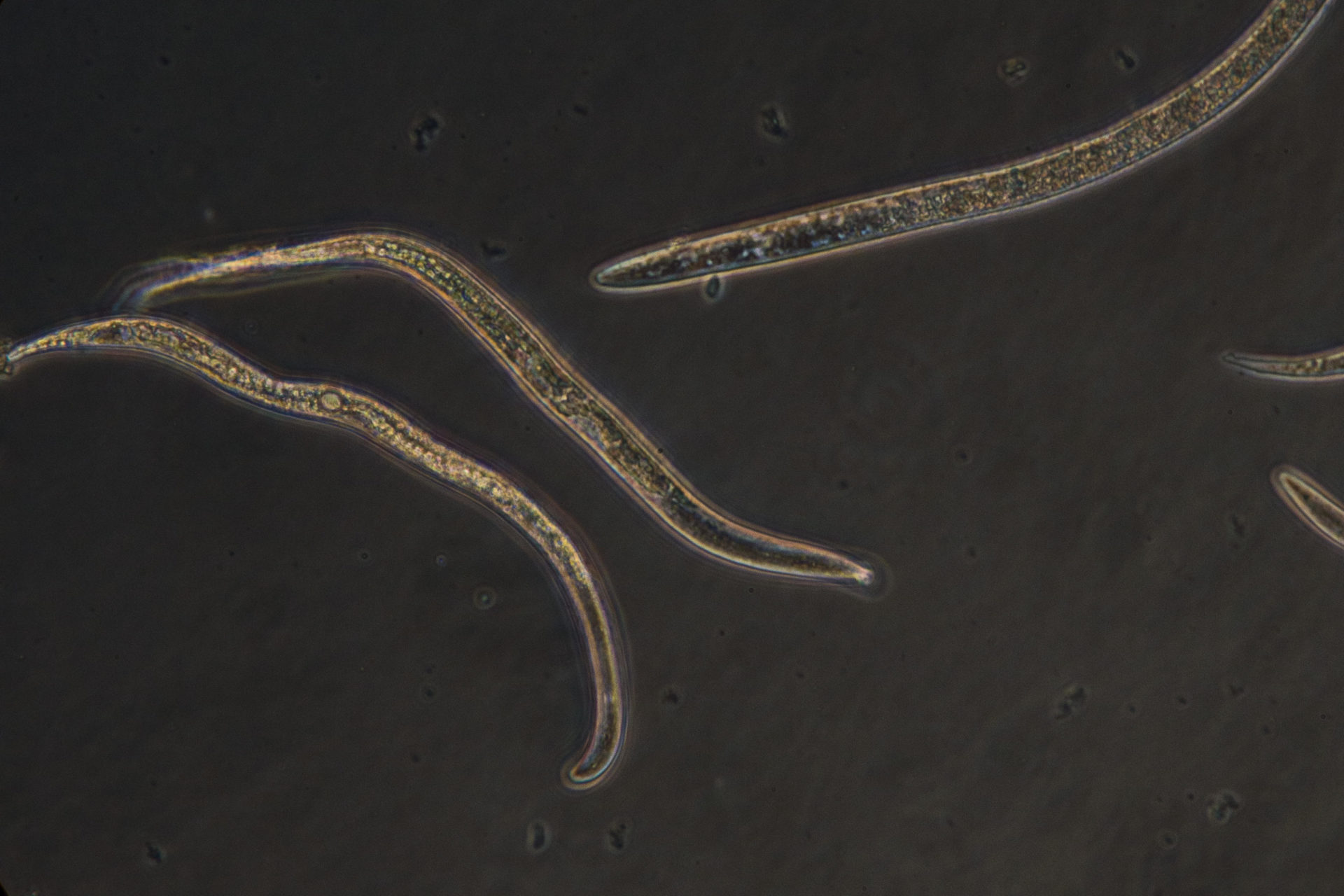People could see a hugely increased lifespan if a gene in humans could be targetted, Professor Luke O'Neill has said.
Irish men currently have the longest life expectancy in the European Union at 80.8 years - with women living an average of 84.4 years.
The knowledge around why we age and mechanisms of ageing has increased in the past decade.
The Trinity College Professor told The Pat Kenny Show risks increase as we age.
"All these diseases go up with ageing; your risk of cancer, arthritis, diabetes all go up as you age," he said.
"So of course if we slow down ageing, you might live to a ripe old age without getting all these different diseases.
"That's one of the big motivations".
Prof O'Neill said Irish longevity is good to see.
"In Ireland we seem to be doing well in terms of life expectancy compared to our EU neighbours," he said.
"I was amazed when I read that Irish men are outliving their European counterparts: that's a good sign."
Nature or nurture?
Prof O'Neill said a recent Danish study on 2,700 sets of twins found that life expectancy is "25% genetic".
"That means there's variants of genes that will shorten your life or prolong it," he said.
"However your lifestyle has a huge impact on that.
"A bad lifestyle can impact on your longevity even if you've the same genes as someone else - but overall it was a 25% contribution".
 A couple sitting on a park bench, 11-3-16. Image: Ammentorp Photography / Alamy
A couple sitting on a park bench, 11-3-16. Image: Ammentorp Photography / AlamyProf O'Neill said a study of nematodes - microscopic worms who only live for two weeks - revealed a gene known as 'age-1'.
"From those studies they found the first gene, the variant of which will prolong your life," he said.
"They found a gene in the nematode and a version of that could double the lifespan of the worm.
"It was a single gene which seemed to dictate how long a worm would live.
"Certain worms were carrying a version of that doubled their lifespan".
Prof O'Neill said humans carry a version of the same gene.
"We carry age-1 ourselves; we've a version of that gene," he said.
"So the question now is: can we target age-1 in humans?"
 Nematodes seen under a microscope with bacteria, 17-2-16. Image: Andreas Altenburger / Alamy
Nematodes seen under a microscope with bacteria, 17-2-16. Image: Andreas Altenburger / AlamyProf O'Neill said one difference is the worms do have an option to go into suspended animation.
"It was noticed that if the worms are starving they can become suspended for up to two months," he said.
"That would mean for humans, you'd live for 300 years and they found 'age-1' was part of that longevity process.
"We humans can't go into that state, but even still it was useful that the worm could live for 300 years, as it were".
Fixing damaged DNA
Prof O'Neill said 'age-1' has been tied into DNA repair.
"One theory of ageing is as you get older your DNA gets more and more damaged," he said.
"Eventually it's so damaged the machine stops working.
"This age-1 thing can fix damaged DNA; and clearly a variant that was more active might be better at fixing the DNA and the worm lived for longer.
"We humans have age-1 and that fixes our DNA - therefore you can see where that might go next," he added.
A 1990 study in the MGM Journal of Medical Sciences remarked: "Many scientists, biologists, and physicians agree that life expectancy for human beings will keep increasing until it reaches its limit of 120–150 years, but living forever may not be possible shortly.
It added that the process of aging appears inevitable "as of now".









